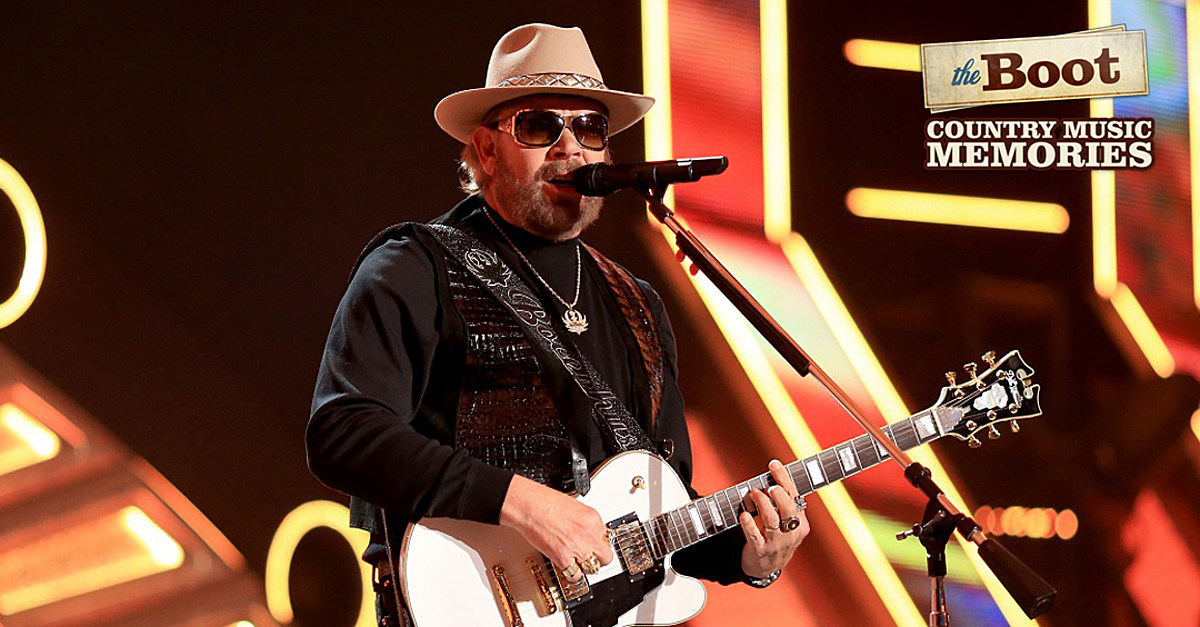
A Bouquet of Regret Laid Gently at the Feet of Lost Love
When Hank Williams Jr. released “Eleven Roses” in 1972, it marked a moment of both commercial triumph and artistic revelation. The title track from his album Eleven Roses, the song quickly climbed to No. 1 on the Billboard Hot Country Singles chart, cementing Williams Jr.’s place in the lineage of country royalty—not merely as the heir to a legendary name, but as a voice capable of evoking the same aching vulnerability that made his father an icon. This ballad, tender and quietly devastating, became his first solo chart-topper, signaling a shift from mere inheritance to self-definition.
“Eleven Roses” is deceptively simple in structure—a soft, lilting country waltz wrapped in gentle pedal steel and understated acoustic guitar—but beneath its unadorned surface lies a devastating confession. At its core is a man confronting the wreckage of love he himself has undone. The lyrics are addressed to a woman whose pain is rendered not in cries or accusations, but in silence—the kind that fills every room once trust has fled. The narrator offers her eleven roses and points to the mirror: “Take a look,” he says with almost unbearable humility, “there’s the twelfth one you see.” It’s an image so poignant it feels carved into stone—an emblem of remorse that outlives any apology.
The story behind “Eleven Roses” isn’t one steeped in sensational anecdotes or backstage drama; rather, it unfolds in the hush of emotional authenticity. Written by Lamar Morris and Darrell McCall—both members of Williams’ band at the time—the song was crafted with an intimacy that suggests personal confession, whether real or imagined. For Hank Williams Jr., who was then navigating the immense pressure of living under the shadow of his father’s mythos, this song became more than just another track on a record—it was a demonstration of emotional maturity and artistic restraint.
What makes “Eleven Roses” endure is its graceful handling of regret—a theme as old as country music itself. Yet here, it is delivered without bombast or melodrama. The song’s power lies in its stillness: a man sits with his guilt, eyes lowered, heart exposed. There are no promises to change, no pleas for forgiveness—only acknowledgment. In many ways, this quiet honesty feels more courageous than grand gestures ever could.
Culturally, “Eleven Roses” arrived at a time when country music was undergoing shifts—balancing Nashville polish with outlaw grit. And though Williams Jr. would later become known for his rowdy defiance and Southern rock flair, this early ballad captures him at his most restrained and introspective. Before the swagger came sorrow; before independence came introspection.
To revisit “Eleven Roses” today is to be reminded that behind every hardened voice is a moment when that voice once trembled. And for those who’ve stood before someone they’ve wronged, unsure if words can ever bridge what was broken, Hank Williams Jr.’s solemn bouquet still resonates—as fragile and as enduring as love itself.